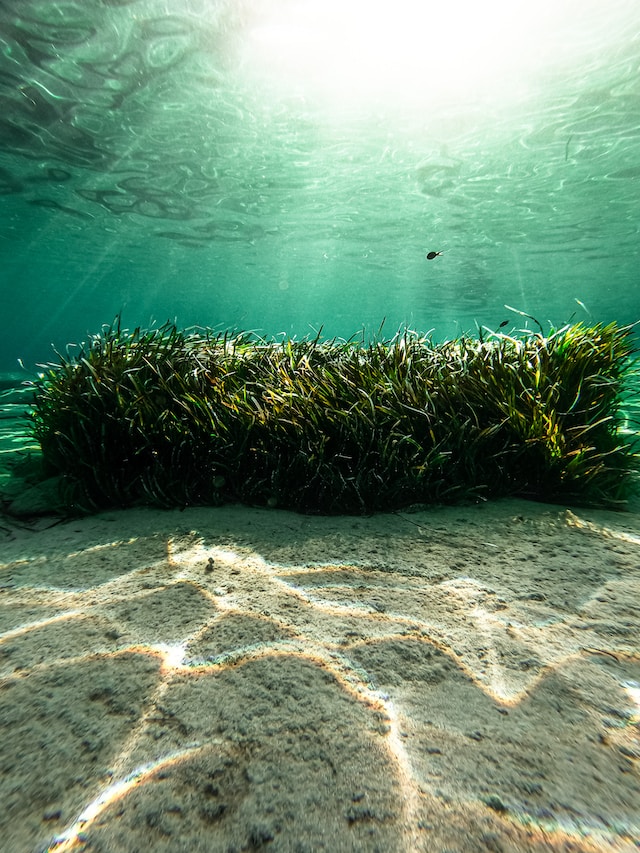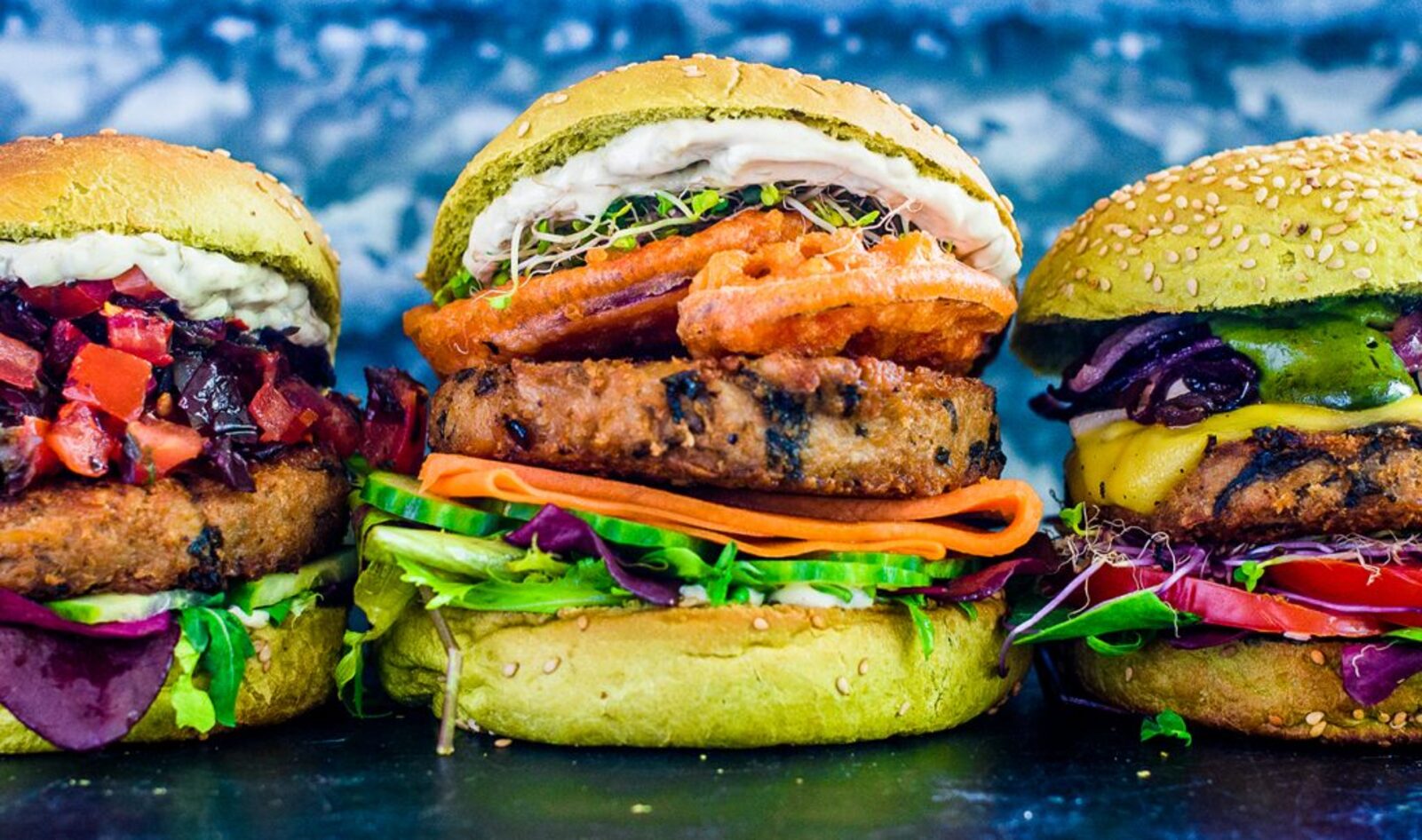Researchers at Chalmers University of Technology in Sweden have developed a novel method to extract protein from sea lettuce, a type of seaweed, tripling the efficiency of previous techniques. This advancement could pave the way for seaweed-based products like burgers and protein smoothies, offering a sustainable alternative to traditional meat sources.
Sea lettuce, scientifically known as Ulva fenestrata, is rich in essential nutrients including vitamin B12 and omega-3 fatty acids, the latter of which are typically found in oily fish.
 Getty
Getty
Unlike land-based crops, seaweed cultivation doesn’t require freshwater, fertilizers, or pesticides, making it an environmentally friendly option. However, extracting proteins from seaweed has been challenging due to their complex binding within the plant’s structure. The new extraction method developed by Chalmers researchers addresses this issue, significantly increasing protein yield.
“It tastes like umami with a certain salty flavor, despite not containing such high levels of salt. I would say it’s a great flavor enhancer for seafood dishes and products, but the possibilities to explore are endless. Why not protein smoothies or ‘blue burgers’ from the sea?” says João Trigo, PhD in Food Science at Chalmers.
Trigo calls the method “an important breakthrough,” which he says makes the process more affordable than ever.
Moving toward sustainable alternative proteins
The new development aligns with the broader “protein shift” movement, which advocates for reducing red meat consumption in favor of more sustainable and healthful protein sources.
Traditional alternative proteins, such as those derived from peas, soy, and mushrooms, are common in grocery stores. However, marine-based proteins have remained largely untapped.
 Unsplash
Unsplash
The CirkAlg project, led by Chalmers, aims to develop processes that could establish a new “blue-green” food industry in Sweden, utilizing seaweed as a promising protein source.
In addition to protein extraction, researchers are collaborating with the University of Gothenburg to enhance the protein content of seaweed. By cultivating sea lettuce in process water from the seafood industry, they have significantly increased its protein levels, effectively recycling nutrients that would otherwise be lost. Successful cultivation experiments have been conducted at Tjärnö Marine Laboratory in northern Bohuslän, Sweden, as part of the CirkAlg project.
BECOME A VEGNEWS VIP: Get exclusive product deals, freebies, and perks galore!
Professor Ingrid Undeland, coordinator of CirkAlg, emphasized the need for diversified protein sources to meet sustainability and nutritional requirements. She noted that algae could complement existing products on the market and highlighted that sea-based protein options have been overlooked.
Sustainable, plant-based proteins are crucial in mitigating the climate crisis
The push for alternative protein sources is underscored by recent reports highlighting the environmental impact of meat and dairy consumption. The UK’s Institute of Grocery Distribution (IGD) released a report recommending a 20-percent reduction in meat and dairy production, alongside better food waste controls, to help the UK’s food and drink industry reduce its 129.5 million ton carbon footprint.
The report stated, “Without diet change, the food system will not be able to make its contribution [to carbon reductions] here, and would not meet SBTi FLAG targets.”
The IGD report also called for government support for farmers to achieve net-zero emissions, stronger industry engagement, and significant investment. However, the recommendation to reduce meat and dairy consumption has sparked debate.
Ken Boyns, director at the Agriculture and Horticulture Development Board (AHDB), argued that red meat and dairy play a positive role in diets and should not be underestimated. Boyns claims meat and dairy consumption will not lead to global warming increases, pending “farm efficiencies,” alluding to practices such as regenerative agriculture.
 Redefine Meat
Redefine Meat
Simon Owen, Managing Director of plant-based meat producer Redefine Meat says the opposite, underscoring the negative environmental impact of meat and dairy. He argued that reducing red meat and dairy production is essential to meet climate targets, and that plant-based meat producers play a key role in helping consumers reduce their meat consumption without feeling deprived.
The debate over meat and dairy consumption reflects broader discussions about sustainable diets and climate change. A 2019 report in The Lancet recommended a 50 percent reduction in global meat and sugar consumption to mitigate climate change. Similarly, a 2018 study published in Nature suggested that meat consumption in Western societies needs to be reduced by up to 90 percent to meet environmental targets.
For more plant-based stories like this, read:
JUMP TO ... Latest News | Recipes | Guides | Health | Subscribe








